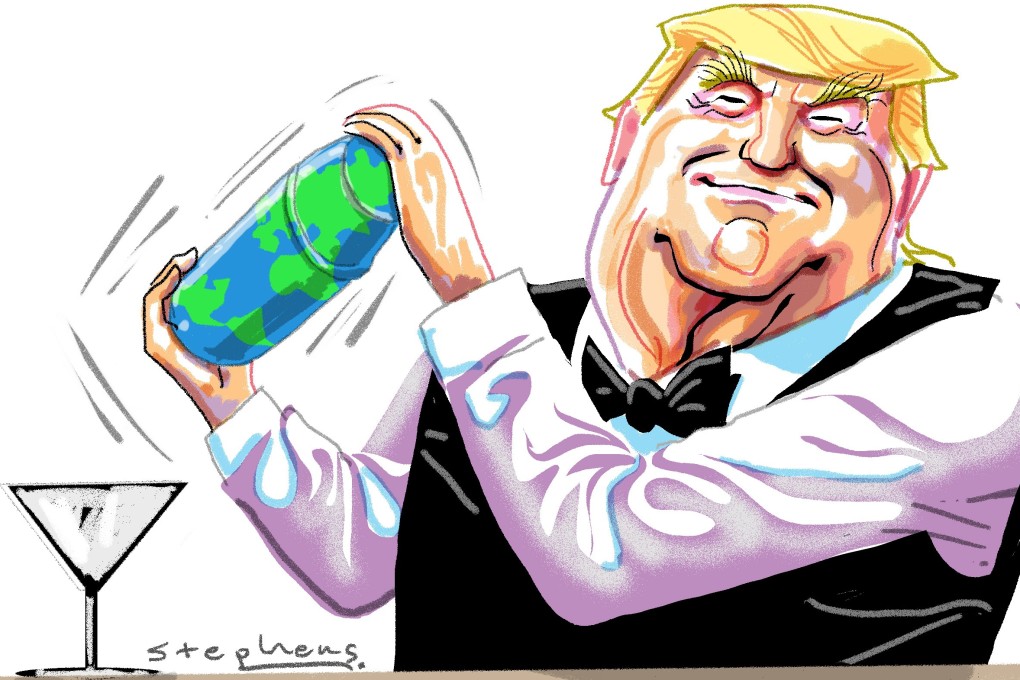Advertisement
Opinion | Donald Trump’s embattled presidency will take its toll – and not just on America
- The need to fend off a gathering movement at home to impeach him will no doubt distract the already easily sidetracked Trump from global matters, whether it is North Korean denuclearisation or a trade deal with China
Reading Time:4 minutes
Why you can trust SCMP

When US President Donald Trump abruptly folded his diplomatic tent in Hanoi and flew back to Washington without a denuclearisation/sanctions-relief deal with North Korea, the temperature in the Vietnamese capital had been pleasantly warm. But, on landing, the American capital seemed much, much colder – in more ways than one.
Depressing testimony in Congress from a former inner-circle intimate was painting a sordid picture of Trump’s choppy character, and the lower house, now under the control of bitter, get-even opposition Democrats, was lathered up for a total takedown. Perhaps Trump should have hunkered down in Hanoi, taking as long as he needed to seal a deal, artfully or not; for, at least outside, the crowds on the streets were not waving “Impeachment” signs but welcome ones.
The powers of concentration of America’s 45th president, never in the matter of details rated without peer, must have unravelled further when his attention was diverted by the roaring fire back home. The management of US foreign policy these days is not easy under any circumstance; just ask Trump’s predecessor, Barack Obama. But it is going to be quite the challenge for the rest of the world to have to deal with an American president constantly off-balance, on his heels, leaning over the precipice of impeachment – and who was not so even-keeled in the first place.
Advertisement
It was Trump who recast the Sino-US relationship into a tit-for-tat tariff rumble. Now the need to negate that negative energy is urgent, especially with the world economy showing worrisome frailty.
Until relatively recently, the word out of Washington was that a draft accord might be close to completion, with the two powers signing an agreement formally later this month.
Advertisement
Advertisement
Select Voice
Select Speed
1.00x
